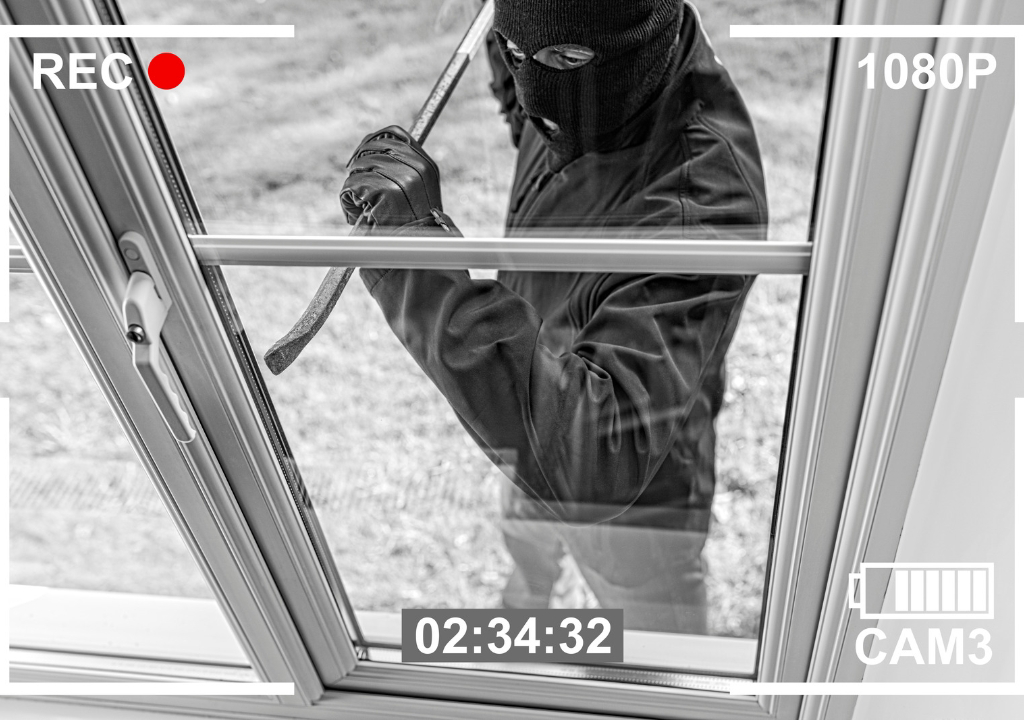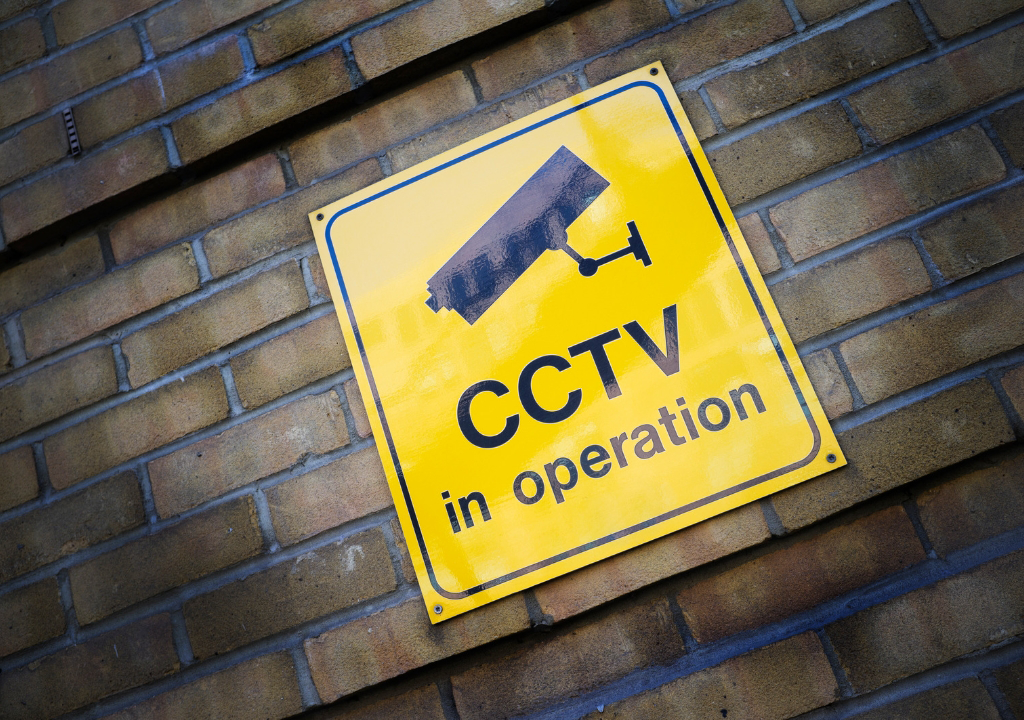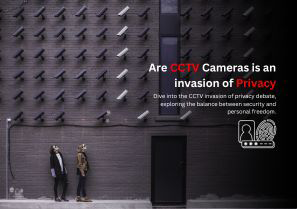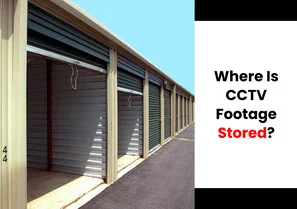Closed-circuit television (CCTV) systems are widely used in public places such as streets and shopping malls to deter crime and improve public safety. CCTV Cameras can help to identify potential suspects, document suspicious activity, and provide evidence for criminal investigations.

How CCTV Can Help Prevent Crime
Deterrent effect:
Seeing CCTV cameras can be a strong deterrent for criminals, as they know that their actions are being recorded and can be used as evidence in criminal investigations.Evidence gathering:
Footage from CCTV cameras can provide critical evidence in criminal investigations. In some cases, the footage captured by these cameras can help authorities identify suspects, reconstruct the events leading up to a crime, or provide clear evidence to support a criminal prosecution.Monitoring:
CCTV cameras can be monitored in real-time by security personnel, who can quickly identify and respond to any criminal activity. This allows for a more proactive approach to crime prevention, as authorities can intervene before a crime is committed.Improved response times:
By having live CCTV footage available, security personnel can respond more quickly to incidents, reducing the amount of time a criminal has to flee the scene or harm others. This can also help minimize the damage caused by criminal activities.Crime mapping:
Analysis of CCTV footage can provide valuable information about patterns of criminal activity and help authorities identify hot spots where crimes are most likely to occur. This information can be used to allocate resources more effectively and develop targeted crime prevention strategies.Public safety:
By providing increased visibility in public areas, CCTV cameras can improve public safety and give people a sense of security when out and about. They can also act as a deterrent for potential attackers, who may think twice about committing a crime in an area that is monitored by cameras.Remote monitoring:
With advances in technology, CCTV cameras can now be monitored remotely, allowing security personnel to keep an eye on multiple locations at the same time. This can be particularly useful for large, sprawling areas that would be difficult to monitor effectively with just a few cameras

The Limitations of CCTV in crime prevention.
Privacy Concerns:
One of the main limitations of CCTV in crime prevention is the privacy concerns that arise from the use of cameras to monitor public spaces. While CCTV cameras can be effective in deterring crime, they also raise questions about the right to privacy and the potential for abuse of the collected data. For example, CCTV footage can be used to track individuals and monitor their activities without their knowledge or consent, which can be a violation of their rights.Technical Limitations:
Another limitation of CCTV cameras is their technical limitations. Poor image quality, lack of adequate lighting, and limited range of coverage can all reduce the effectiveness of CCTV cameras in preventing crime. In some cases, the cameras may not be able to capture clear images of criminal activity, which can make it difficult for authorities to identify suspects or use the footage as evidence in court.Cost:
The cost of installing and maintaining a network of CCTV cameras can be a significant barrier for small businesses or community organizations. In addition to the initial cost of purchasing the cameras and the necessary hardware and software, ongoing maintenance and upgrades can also be expensive.False Alarms:
CCTV cameras can sometimes trigger false alarms, which can lead to a waste of resources and a potential increase in crime. For example, if cameras are not properly calibrated or if they are triggered by non-criminal activities, such as animals or weather events, they can send false alarms to authorities.Human Error:
The effectiveness of CCTV cameras depends heavily on the ability of human operators to monitor the footage and respond appropriately. This can be a challenge, particularly in areas with high levels of crime or in situations where operators are overworked or under-trained.
In some cases, human error, such as failing to monitor the cameras or to respond quickly enough, can reduce the effectiveness of CCTV cameras in preventing crime.Limited Effectiveness:
While CCTV cameras can be effective in deterring crime in some circumstances, they are not always effective in preventing crime. In areas where crime is already rampant or where other factors, such as poverty or lack of opportunity, drive criminal behavior, CCTV cameras may have limited impact. Additionally, criminals who are aware of the cameras may be less likely to be deterred or may find ways to avoid being captured on camera.Storage and Management:
Storing and managing the large amount of data generated by CCTV cameras can also be a challenge, particularly for organizations with limited resources. This can lead to information overload and a reduced ability to use the footage for criminal investigations.
In some cases, data may be lost or deleted due to a lack of proper storage and management systems, which can further reduce the effectiveness of CCTV cameras in preventing crime.

Conclusion
CCTV can be an effective tool in preventing crime, but the effectiveness of CCTV also depends on various factors, including the technical capabilities of the cameras, the training and effectiveness of the operators, and the context of the crime.
Tips for Implementing an Effective CCTV System
- Determine your needs: Assess the areas to be monitored and the type of coverage required (indoor, outdoor, etc.).
- Choose the right cameras: Select cameras based on the lighting and image quality requirements for the area being monitored.
- Opt for a scalable system: Consider future expansion plans and choose a system that can be easily expanded as needed.
- Ensure sufficient storage: Decide on a storage solution that meets your needs and provides enough space for recorded footage.
- Proper placement: Place cameras in strategic locations to maximise coverage and minimise blind spots.
- Consider lighting conditions: Make sure cameras have proper lighting for clear and detailed images, both during the day and at night.
- Secure your system: Implement strong passwords and encryption to prevent unauthorised access to your CCTV system.
- Regular maintenance: Schedule regular maintenance to ensure the system is functioning correctly and to address any technical issues.
- Proper training: Train all users on how to operate and maintain the CCTV system.










